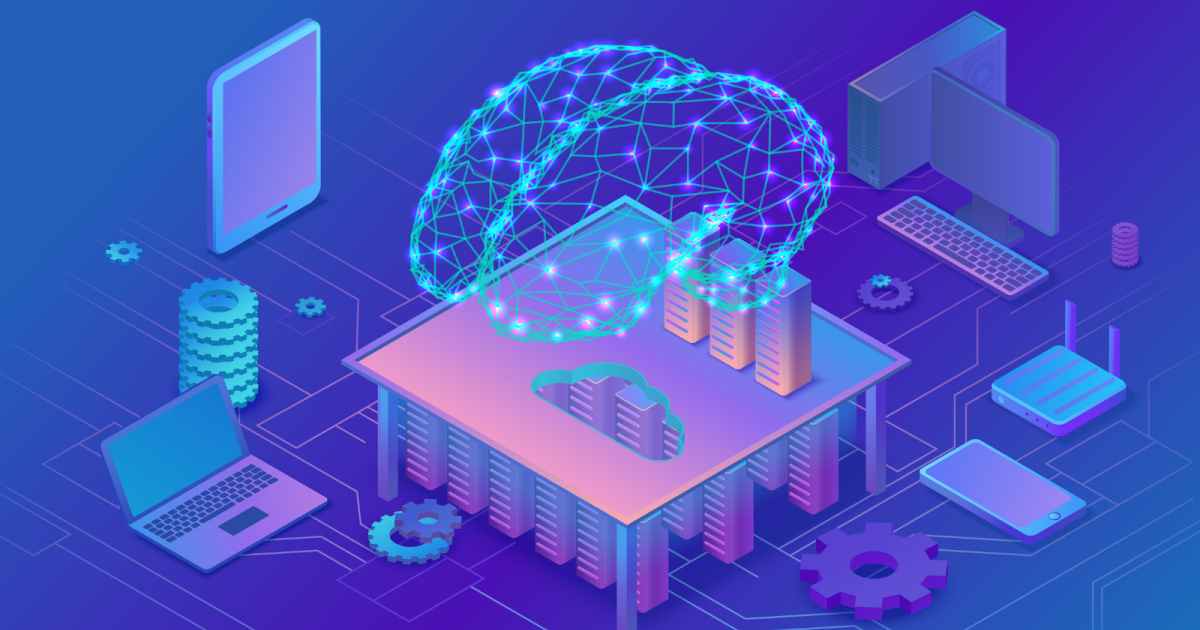Artificial Intelligence (AI) continues to be a significant driver of technological innovation, reshaping industries, enhancing efficiency, and opening new avenues for exploration. As we advance into 2024, several key innovations and trends are at the forefront of this transformative journey.
Key Highlights:
- Generative AI advancements fuel content discovery, creation, and authenticity, with implications for automation and user experiences.
- The intersection of AI with edge computing offers new opportunities for real-time data processing and decision-making.
- AI’s role in cybersecurity is becoming more crucial, with its application in threat detection, analysis, and incident response.
- Regulatory landscapes are adapting to the challenges posed by AI, with an emphasis on transparency, accountability, and ethical use.
Innovative AI Technologies Transforming the Industry
The latest advancements in AI, particularly in generative AI, are revolutionizing how businesses operate, enhancing creativity, and pushing the boundaries of content creation and authenticity. Technologies such as Artificial General Intelligence (AGI), AI engineering, and smart robots are laying the groundwork for more sophisticated, autonomous systems that promise to redefine the capabilities of AI across various domains.
The Convergence of AI and Scientific Exploration
Companies like Microsoft are leveraging AI to accelerate scientific discovery, enhancing the accuracy of weather forecasts, advancing drug discovery, and addressing critical challenges in renewable energy and carbon capture. These initiatives underscore AI’s potential to contribute to solving some of the world’s most pressing problems.
AI’s Expanding Role in Business and Society
AI’s integration into business operations is becoming more pronounced, with high-performing organizations utilizing AI for product and service development, risk management, and supply chain optimization. Such integration not only streamlines operations but also fosters innovation and new business models.
Regulatory and Ethical Considerations
As AI becomes more embedded in our daily lives, the need for comprehensive regulation and ethical guidelines becomes increasingly important. From facial recognition bans in US cities to the European Union’s AI Act, efforts are underway to ensure that AI’s development and deployment are conducted responsibly, transparently, and with respect for privacy and human rights.
Emerging AI Innovations and Companies to Watch
The landscape of AI innovation is rich and varied, with companies like IBM Watsonx and Meta’s Llama 2 leading the charge in developing tools and platforms that enhance the accessibility, efficiency, and safety of AI technologies. Innovations like Google’s Duet AI and Adobe Firefly are making AI more user-friendly and applicable to a wider range of tasks and creative endeavors.
Towards a Collaborative Future
The integration of AI in business and society is not without its challenges. However, by investing in data quality, fostering collaboration between humans and AI, and aligning AI initiatives with business goals, organizations can leverage AI to drive growth, innovation, and societal progress.
The rapid evolution of AI technologies presents a double-edged sword, offering unprecedented opportunities for innovation and growth while raising important ethical and regulatory challenges. As we navigate this complex landscape, a balanced approach that embraces the transformative potential of AI, while addressing its risks and challenges, will be crucial for ensuring a future where technology and humanity can coexist harmoniously.



















